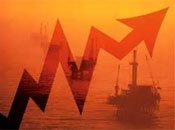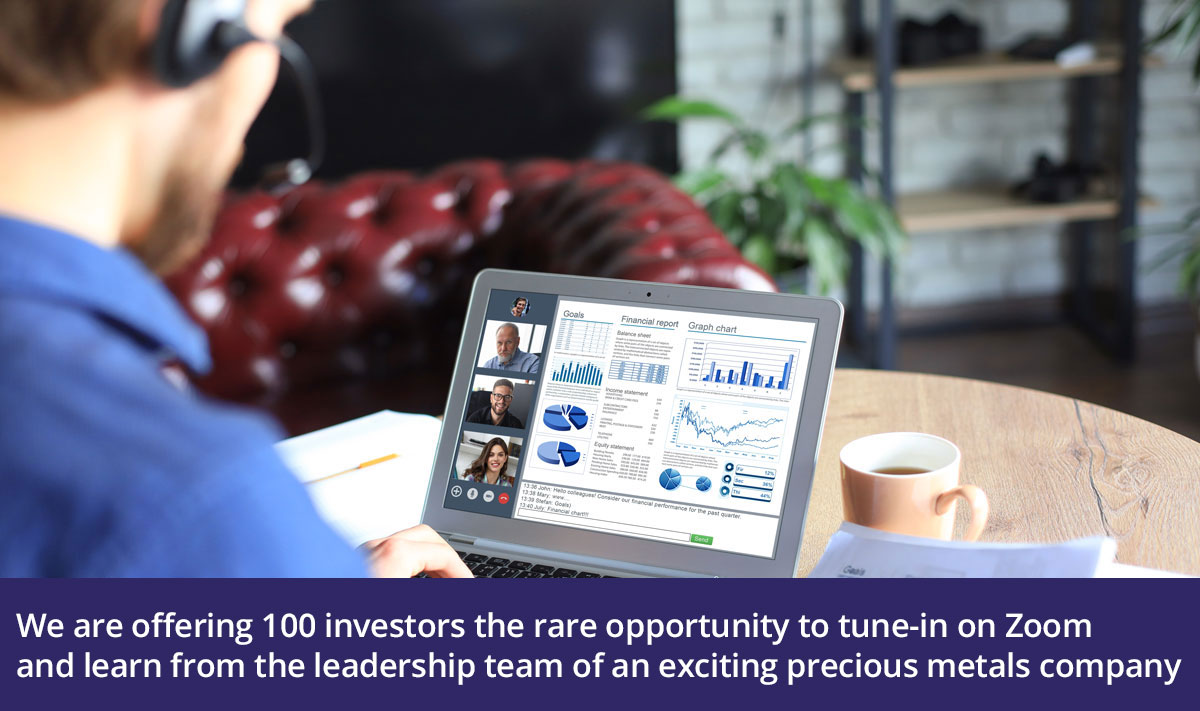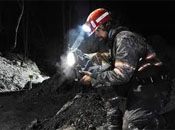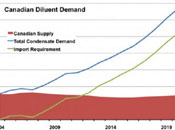
How this plays out in the short term will have a primary impact on the profitability of oil sector investments. One conclusion is already clear. This will once again be a volatile market.
And this time, volatility will be point upward.
That is not to say that the rise will be continuous or without occasional pull backs. In fact, yesterday we witnessed two contrary signals attesting to an ongoing collision of forces.
Both of these are exogenous to market factors, a very important observation to recognize moving forward.
The direct relationship between supply and demand would oblige a rise in oil prices for the simple reason that more end use is moving back into focus.
Both the International Energy Agency (IEA) and OPEC have raised demands projections for the near term. Those levels are now approaching less than 3 million barrels per day of global supply.
Now we are not going to have a crude shortage anytime soon, although there may be some regional constrictions on the horizon. Ample supplies are available for quick pumping to meet rising demand. Nonetheless, there will be a greater use of unconventional production (tight, shale, heavy, oil sands).
And that means the oil coming on market will be more expensive.
Knee-jerk reactions to global events will again pull on demand sentiment. That, in turn, will spike the volatility. Yet this is likely to be more subdued on the down side than at any time in the last year.
Pundits have also introduced the specter of another (or "double dip") recession and fanning the flames of that fear would prompt the price of oil to move south.
The likelihood of a recession is rapidly dissipating and the prospects of these fear tactics are declining along with that reality. Reversals, therefore, while still inevitable, will be short in nature so long as the current underlying dynamics remain. Those are now pointing up.
I have a series of personal indicators used to determine what should be happening with oil prices. There are 10 of them, designed to estimate the actual composition, strength, and direction of pricing movements. For the past month, six of them have been pointing positive. As of Friday (these are calculated at the end of each week), seven are now moving north.
The upward pressure is building, reflecting the overall higher revisions in forecasted demand by IEA and OPEC. Yet we are once again reminded that the oil market hardly operates in a vacuum.
And that leads me back to those two outside signals we received yesterday.
Oil Prices and Iran
First, as the new round of American sanctions designed to limit global financial access kicks in against Iran, Tehran is once again showing its defiance.
A test balloon on bilateral discussions with the U.S. has been shot down. There will be a resumption of "talks" between the 5+1 (the five permanent members of the UN Security Council plus Germany) and Iran. But, as with the last three rounds (Istanbul, Baghdad, and Moscow), they will accomplish nothing on the Iranian nuclear program.
Apart from the latest statement of Iranian defiance, the ripple this morning affecting oil sentiment is internal. Already the path to the country's June presidential election is becoming more difficult. After two consecutive four-year terms, current President Mahmoud Ahmadinejad is ineligible to run and the frontrunner appears to be Majlis (parliament) Speaker Ali Larijani.
Larijani has been an outspoken critic of the current president while at the same time has a much better relationship to the real power in Iran - Supreme Religious Leader Ayatollah Ali Hosseini Khamenei. He is also, unlike President Ahmadinejad, a very good politician.
Now that may not be a badge of honor for many in the West (who have problems with their own elected leadership). In Iran, it is exactly what is needed. There, a chief executive who can negotiate between rival interests and occupy the position of a domestic statesman among competing groups is long overdue.
Unfortunately, those prospects have always had a difficult road given the very structure of Iran itself. This weekend is another case in point. As the nation celebrated the 1979 revolution that brought down the shah and ushered in religious rule, Larijani was forced to end a speech after being attacked from protestors supporting the current regime. More of this is likely.
This is not the time for a lecture on Iranian politics, so let me just cut to the chase here.
Ahmadinejad retains significant support among one group comprising some of the leaders in the Revolutionary Guard. This remains the most powerful group of Iranian puppet masters. They have made much money from both overt business and covert smuggling/sleaze/money laundering during the Ahmadinejad administration. They will not cede that power to anybody having any appearance of being a reformer.
Such uncertainty enhances the concern over violence and instability as the election approaches. Since the Guard also controls the military, there is an added fear. It is these developments that are factors likely to increase global oil prices.
European Problems Reemerge for Global Economy
The second factor moves us in the other direction and will likely pressure prices lower.
Fortunately, it is better traveled ground and can be summarized in one word - Europe.
It also returns the discussion to a more familiar relationship, at least among the pundits preaching continental problems equal lowering demand resulting in depressed oil prices.
The situation in euro really has not changed that much, although perceptions of pending improvements had pushed it to the back burner of late. The news today involves concerns over Italian elections and a developing Spanish scandal. Both introduce again the question of whether the European Union and the European Central Bank can meet the ongoing credit crisis.
Europe is once again a matter of perception and the perception, this morning at least, is moving negative.
The vacillations of the oil market will continue. Nonetheless, the price is still likely to gain strength and our portfolio should advance along with it.
Just avoid getting caught in the crossfire.
Kent Moors
Oil & Energy Investor






















































